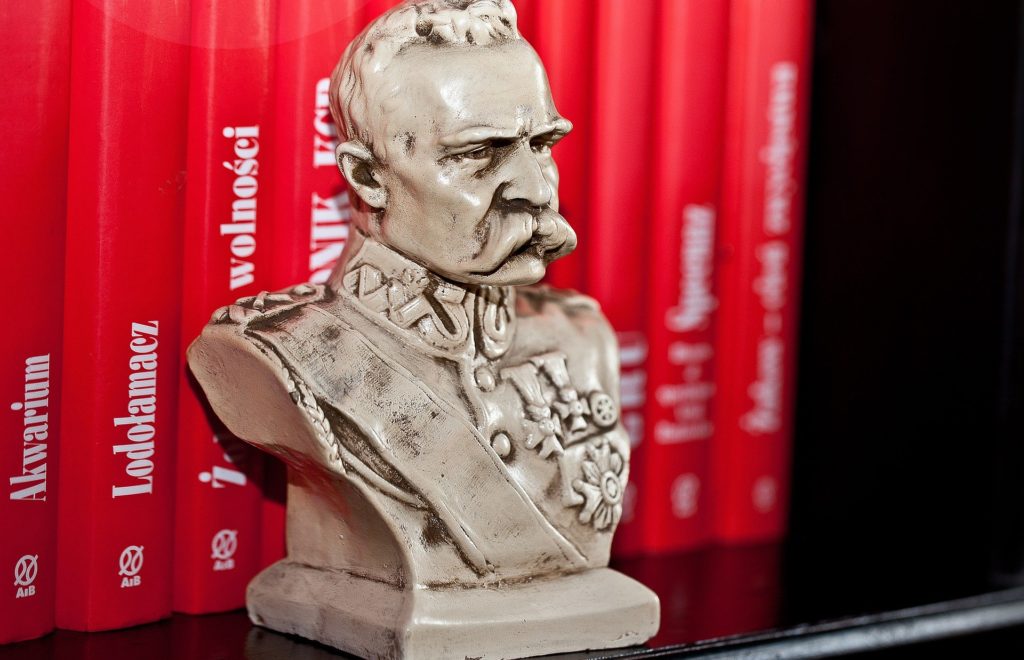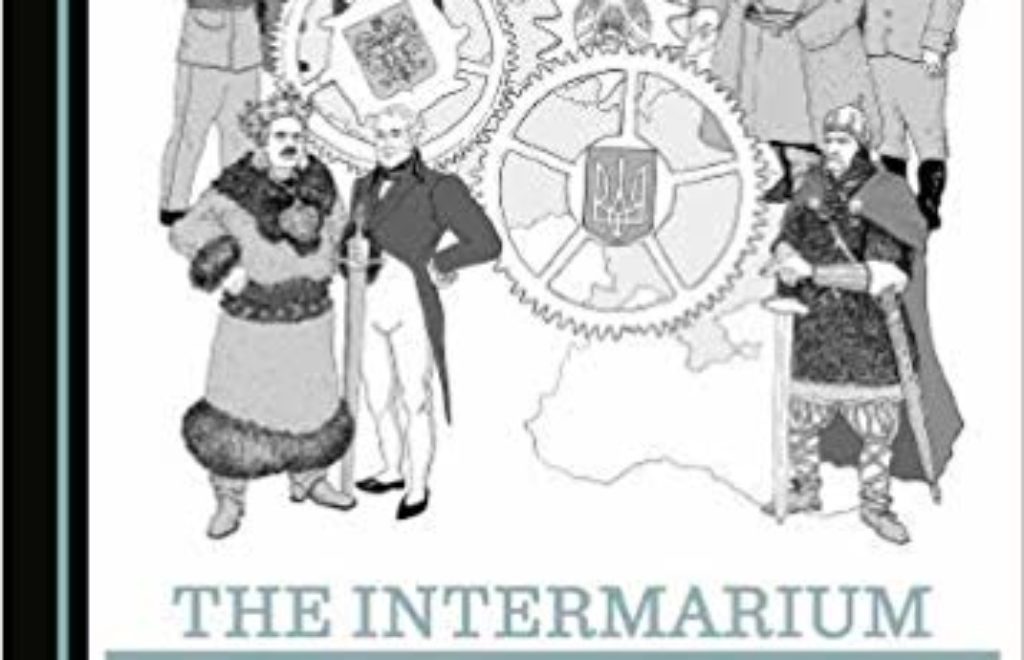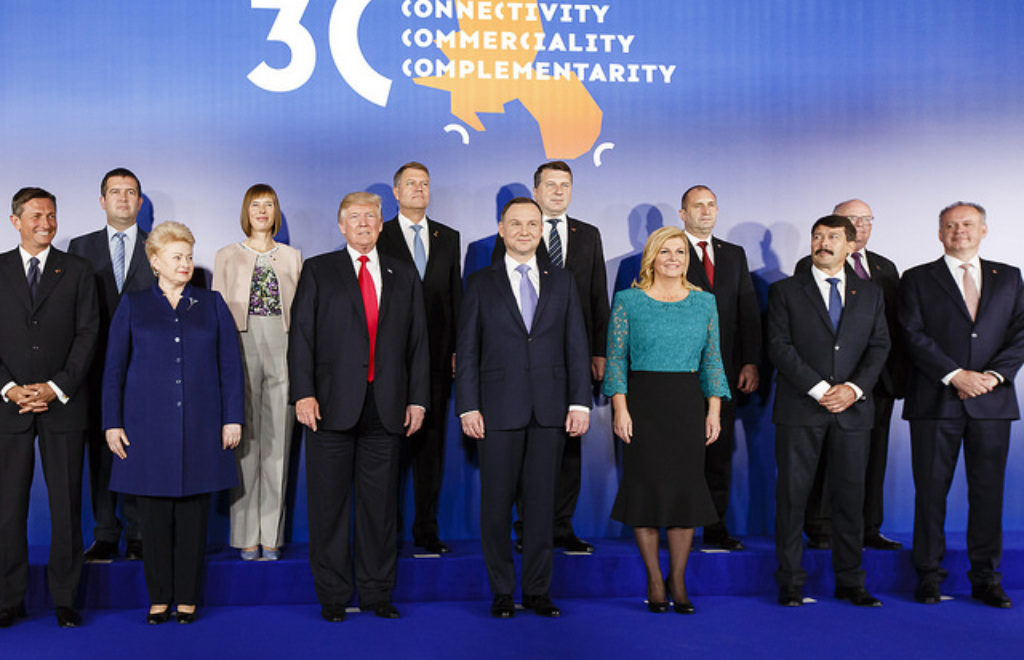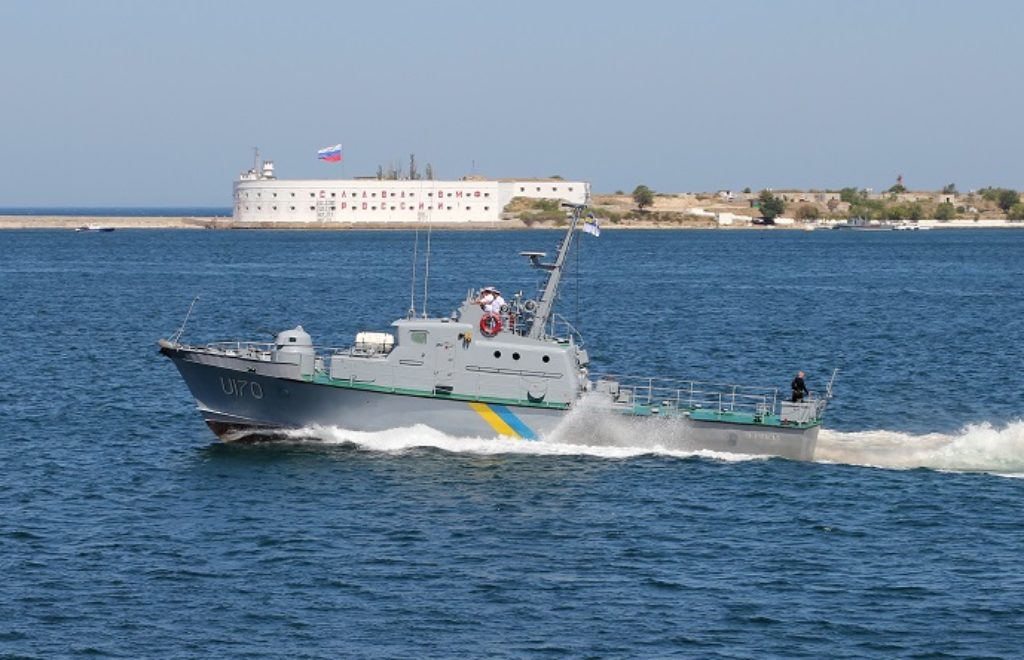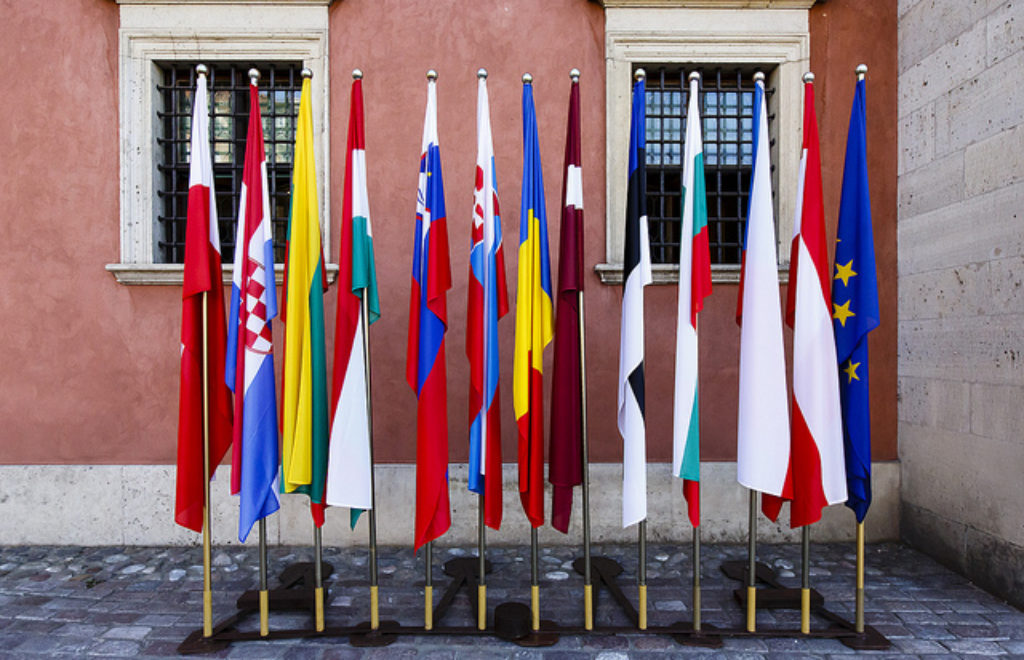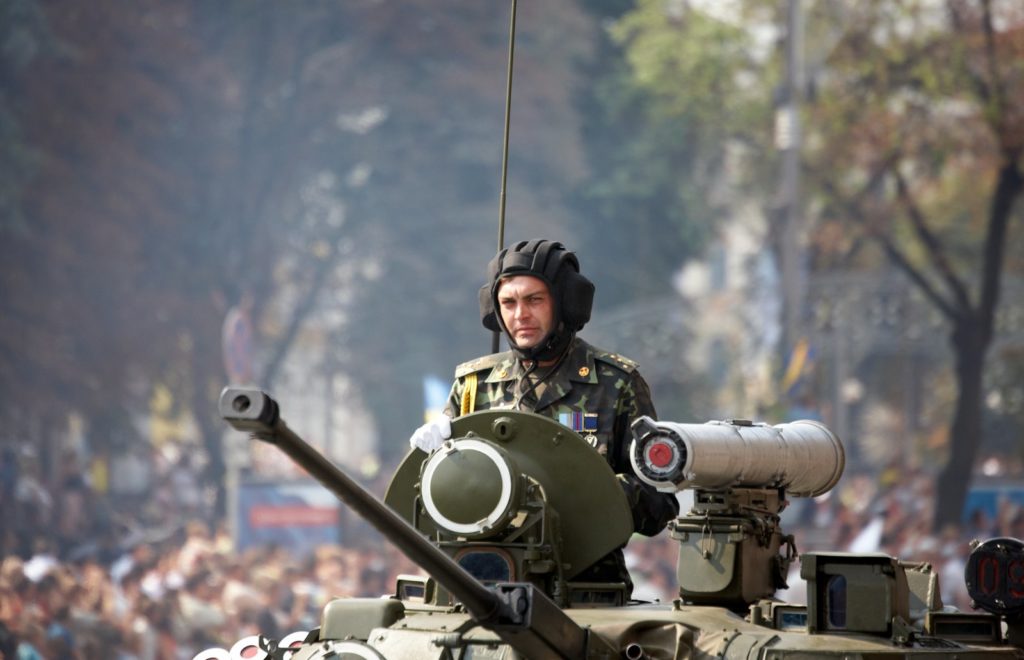Western decision-makers should signal to the new East-Central European NATO and EU member countries that they can, and should, engage in cross-border multilateral coalition building with Ukraine, Moldova and Georgia. There is an urgent need for institutional structures that will make Eastern Europe’s grey zone, between Russia and the West, less grey.
Most interpretations of the current geopolitical instability in Eastern Europe focus on the intricacies of the region’s peculiar past, recent resurgent Russian imperialism and Ukraine’s specific significance for the Kremlin. While these and similar approaches address important themes, many such explanations tend to miss, or dismiss, the first and foremost cause and crucial aspect of the issue at hand. The current international crisis in Eastern Europe has arisen due to concerns over the East European institutional structure – or lack thereof. One can easily explain and assess the current tensions in Eastern Europe without much knowledge about the region by simply pointing to the organisational underdevelopment of post-Soviet international relations.
January 2, 2018 -
Andreas Umland


